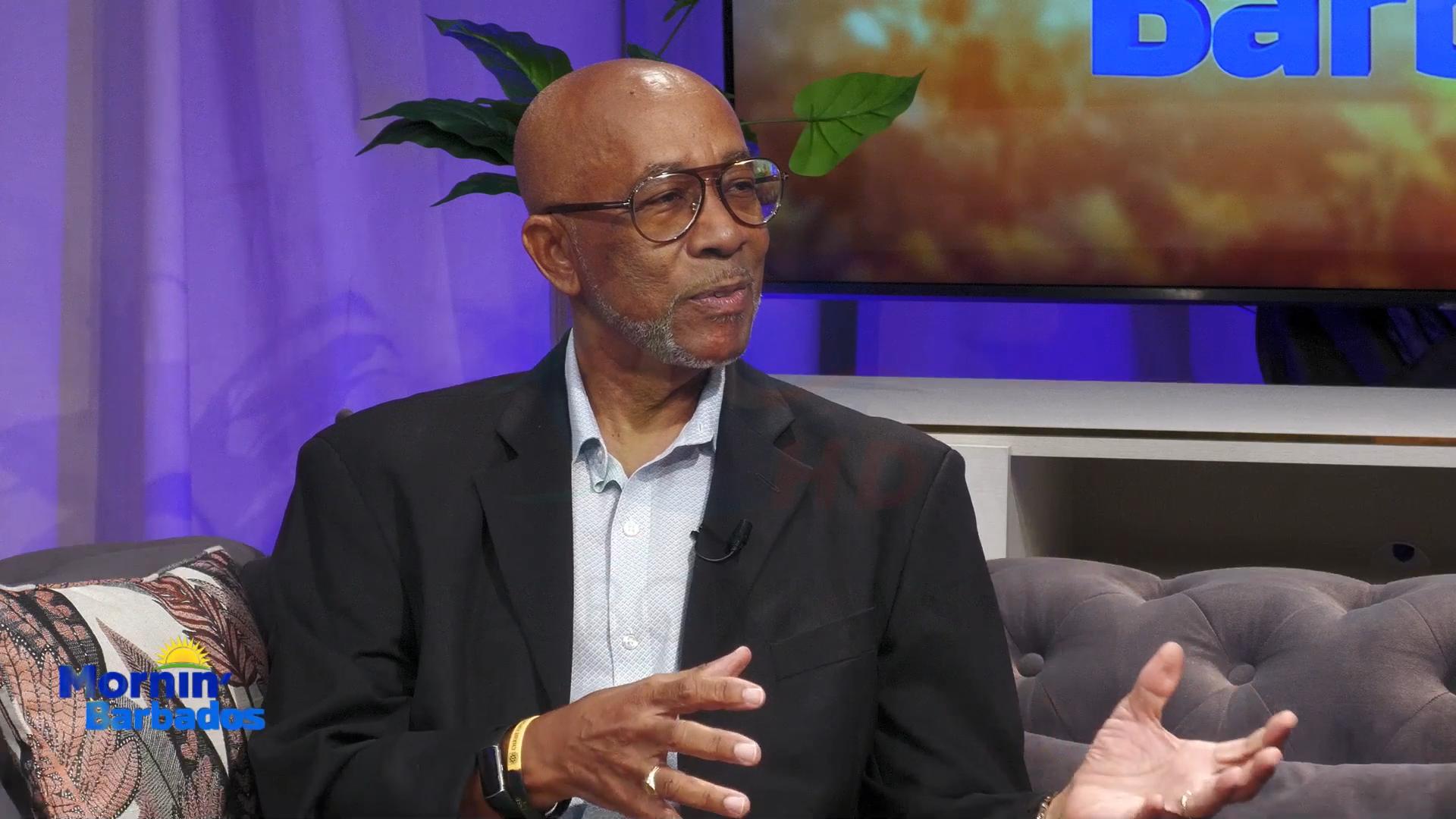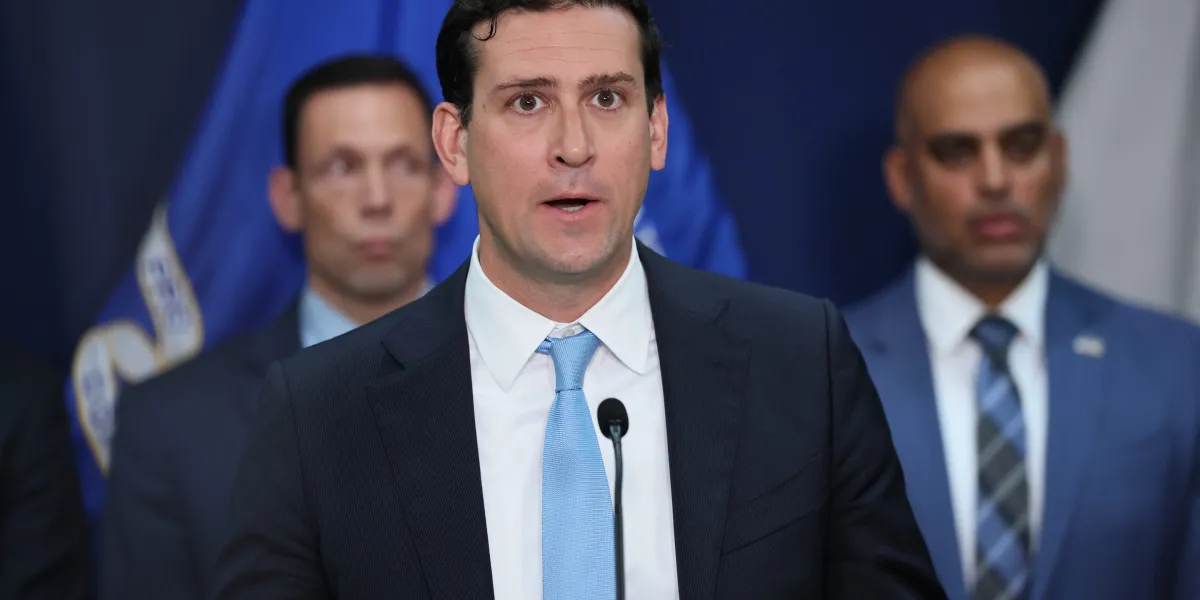
The federal government is once again on the verge of a government shutdown with President Donald Trump and Senate Democrats at odds on a spending plan ahead of a Wednesday deadline.
Shutdown threats have become routine in Washington, but last the shutdown was in 2018 and 2019. They have been averted in the past few years following 11th-hour deals between Republicans and Democrats. That was looking less likely to happen as Trump met the top four leaders in Congress met Monday at the White House.
Republicans have a 53-47 advantage in the Senate but need 60 votes to pass legislation that already failed earlier this month. Democrats want to extend Affordable Care Act tax credits that expire at the end of this year and repeal cuts to health care programs that took effect under Trump’s “big, beautiful bill.”
From Acadia National Park to employees who assist Maine veterans, the state stands to face consequences under a shutdown. Here’s what we know about the effects.
Maine’s federal employees could face furloughs or firings.
Maine has more than 12,000 federal workers who would be affected by a shutdown in different ways. Workers deemed essential will continue their jobs without pay, including air traffic controllers, airport security screeners, Border Patrol agents, Coast Guard personnel, National Guard members and Postal Service staff.
But the Trump administration has leeway to designate other federal employees as “nonessential” and either place them on furlough for the duration of the shutdown. Trump’s budget chief, Russ Vought, and his office also instructed federal agencies to prepare for mass firings during a shutdown. This would break from past norms but square with the administration’s efforts since January to drastically cut the size of the government.
Recipients of Social Security programs will continue to receive their checks, but the Social Security Administration will limit certain services. That will likely lead to longer customer service wait times. Medicare and Medicaid recipients will continue to get benefits for at least three months, and VA facilities for Maine veterans will remain open.
Other services for veterans, such as job training and homelessness assistance along with VA call centers, will be paused or otherwise hampered during a shutdown. Federal food stamp benefits are funded through October. WIC payments that help women, infants and children will likely face a pause in federal funding while continuing to receive state and local dollars.
States have some power to manage shared aspects of government. During a 2013 shutdown, then-Republican Gov. Paul LePage furloughed more than 50 federally funded workers in Maine who made Social Security disability determinations.
Other changes during a shutdown are less noticeable, but they can still have an impact. For example, the Maine Brewers’ Guild told members in a Monday email that approvals of new beer labels and other services for brewers through the federal Alcohol and Tobacco Tax and Trade Bureau would likely be paused.
Acadia National Park may close.
Maine’s national park saw a record amount of monthly visitors in July and August that put it on pace to approach 2021’s record of more than 4 million annual visits, but a government shutdown could result in a rare Acadia closure with the park still in the peak part of its season.
It is not yet clear what the Trump administration will do with national parks. A group of former national park superintendents has urged Interior Secretary Doug Burgum to close national parks if the federal government does shut down by arguing that continued public access amid park employees getting furloughed or laid off could put both property and visitors at risk of harm.
The last time a government shutdown closed Acadia during the busier tourist season was in October 2013. Before that, a 1995 shutdown closed the park during a quieter November time.
The Katahdin Woods and Waters National Monument by Maine’s highest mountain has only been an official federal landmark since 2016. It saw 32,500 visitors in 2024 who contributed a cumulative benefit to the local economy of $3.4 million, per a National Park Service report.
Katahdin Woods and Waters National Monument Superintendent Neal Labrie said Monday the Trump administration has not yet provided more instructions on what may happen next.
“We don’t have any guidance on it,” Labrie said. “We’re all just working through tomorrow.”
Maine’s congressional delegation has a role to play.
U.S. Sen. Susan Collins, the lone Republican in Maine’s congressional delegation, is facing low approval ratings leading up to a 2026 reelection bid. A shutdown could throw a wrench into her work leading the Senate Appropriations Committee, which already lost a year’s worth of earmarks in the short-term deal averting a government shutdown in March.
She has said she wants to extend the Affordable Care Act tax credits but voted against a Democratic effort this month to include an extension in a stopgap funding bill, noting that she instead prefers a clean measure before handling the credits later on. Collins also argued this month that the subsidies can be ironed out at the end of the year.
Gov. Janet Mills and other Maine officials have warned health insurance rates are already increasing and that more than 51,000 of the 61,000 Mainers insured on the state’s CoverMe.gov marketplace could see an average increase of $258 in their monthly premiums if the tax credits are not extended. Mills said 9,500 consumers would lose the credit.
U.S. Sen. Angus King, an independent who caucuses with Democrats, and U.S. Rep. Chellie Pingree, a 1st District Democrat, voted against the initial stopgap funding effort this month. To meet the 60-vote filibuster threshold, Senate Republicans need to win over seven members of the Democratic caucus.
U.S. Rep. Jared Golden, a 2nd District Democrat, was once again the only member of his party in the House to vote with Republicans earlier this month in support of a stopgap bill without the tax credit extension before the Senate failed to pass it. Although Golden is sponsoring a bipartisan effort to extend the credits, he said a funding deal is needed in the meantime.
“We have until the end of the year to get it done, and I’m encouraged by our momentum,” Golden wrote Friday in regard to the tax credits. “But a harmful government shutdown would make this work harder, not easier.”



